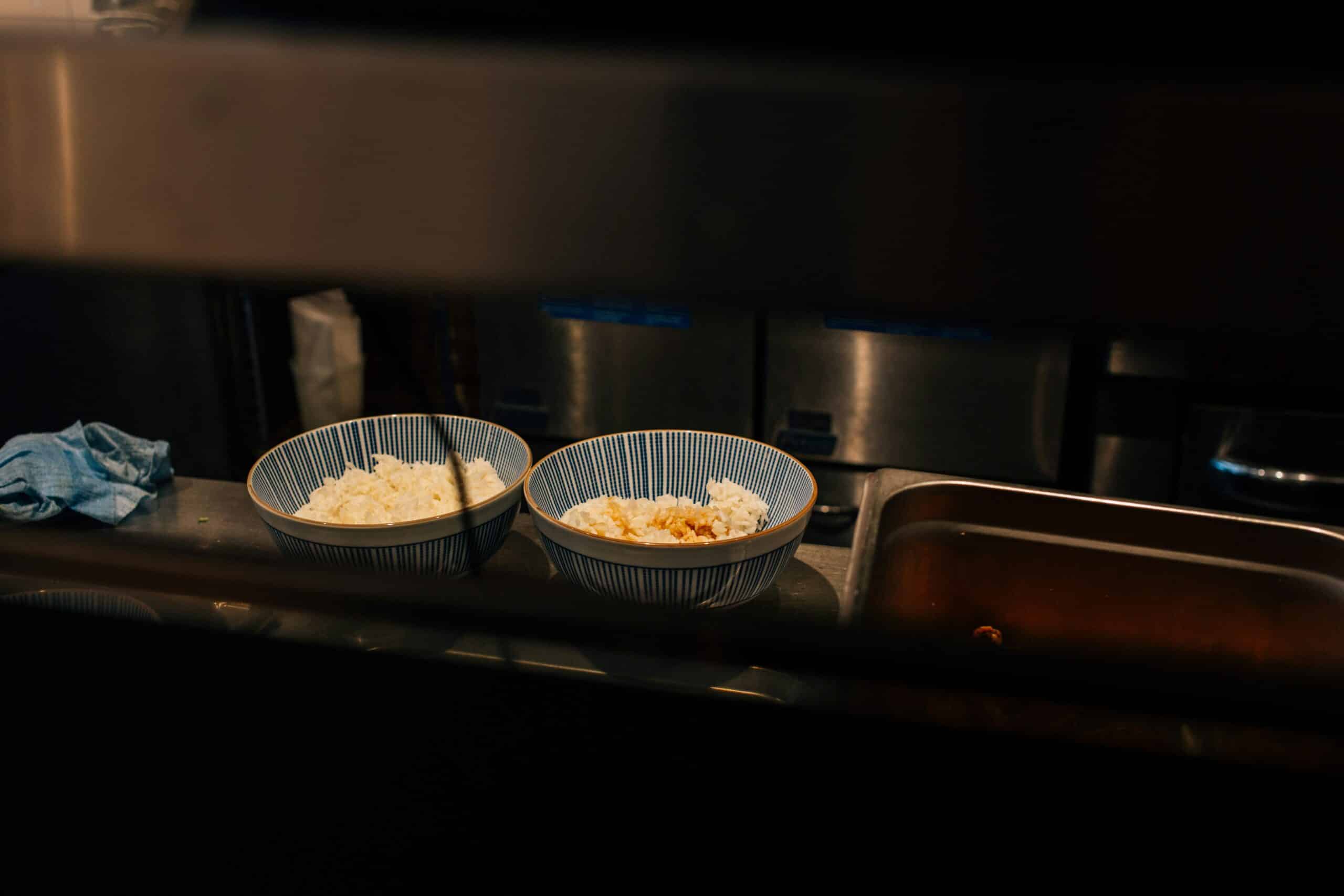On a recent trip to Samar, I found out that you don’t have to know an executive of an airline or an official of the Ninoy Aquino International Airport to skip the long lines outside a terminal.
Two men, who were obviously “imported” basketball players, needed only the assistance of two porters to get inside Terminal 3 while the rest of us ordinary mortals had to wait for several minutes to get our luggage through the X-ray machine.
The security guard did not even bother to check if the men had tickets and identification cards. Only in the Philippines!
Traffic is unhealthy
We do not need statistics to tell us that being stuck in traffic every day is bad for our physical, emotional and psychological health. If you take public transport without air-conditioning, for instance, you can suffer hearing loss because of all the noise around you. You also inhale many toxic substances from fumes emitted by poorly maintained motor vehicles, cigarette smoke and other pollutants.
You risk life and limb as drivers ignore traffic lights, signs and rules to get ahead of each other even if it means going against traffic, entering a one-way street, driving on the road shoulder or squeezing into a tiny space between huge trailer trucks.
Being stuck in traffic makes you stressed, irritated, even angry, and it usually ruins your day.
While there do not seem to be any formal studies on how traffic affects Filipinos’ health, Sara Childre, president and chief executive officer of the non-profit Institute of HeartMath, offers results of some researches in the United States. Considering that traffic jams are not as bad in Western countries as they are here, we should consider Childre’s report as a warning on the health risks we are facing.
In a piece carried by the website Care2.com, Childre says: “Although quantitative data on the costs to our health and well-being (of traffic) are less plentiful than data on the costs to our pocketbook, what is available shows that we are paying a very high personal price as well.”
A recent study, she says, shows that “traffic dwellers,” as she calls those who spend a lot of time stuck in traffic, “are more prone to stress, distraction, aggressive behavior, elevated blood pressure and larger waistlines.”
Even more alarming, she says a study from the American Heart Association has found a link between traffic and heart attacks. “People who have had a heart attack are likely to report having been in traffic shortly before their symptoms began,” she quotes a release from the association’s 49th Annual Conference on Cardiovascular Disease Epidemiology and Prevention.
“Overall, time spent in any mode of transportation in traffic was associated with a 3.2 times higher risk of heart attack than time spent away from this trigger,” the release says.
As for stress, Childre notes: “Anyone who has ever been stuck in morning traffic has experienced varying degrees of heightened stress.”
I’m sure many Filipinos, particularly residents of Metro Manila, can relate to that observation.
Send letters to The Consumer, Lifestyle Section, Philippine Daily Inquirer, 1098 Chino Roces Ave. cor. Mascardo and Yague Sts., 1204 Makati City; fax 8974793/94; or e-mail [email protected]













































